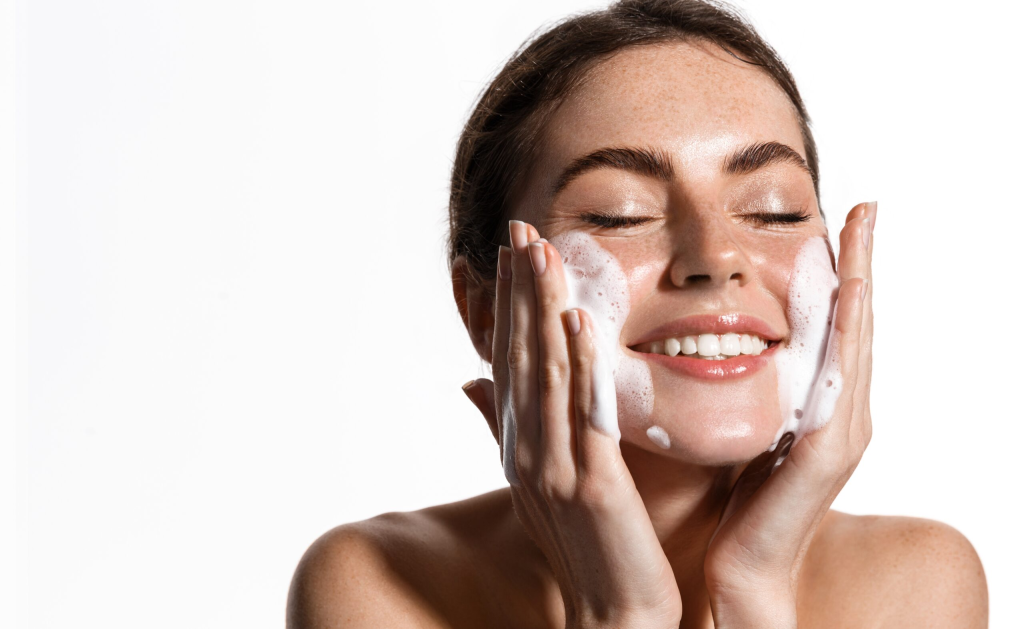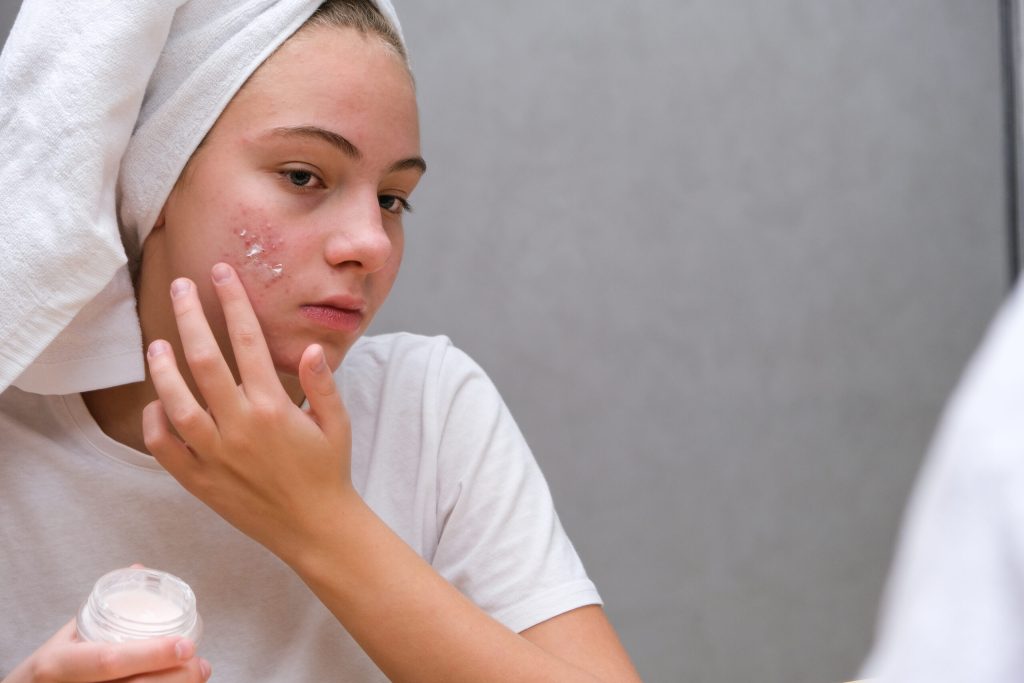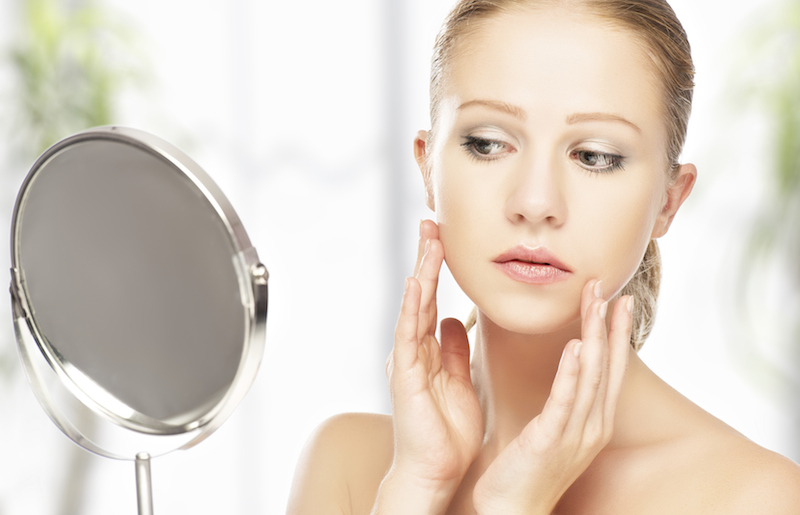Dealing with acne-prone skin may be aggravating and difficult. Acne outbreaks may be uncomfortable, induce self-consciousness, and undermine one’s confidence. However, with the correct skincare treatments, methods, and products, acne-prone skin may be managed and improved. In this post, we’ll look at some of the greatest methods and products for getting cleaner, healthier skin.
Consistent and Gentle Cleansing

Acne-prone skin requires thorough washing. Choose a mild cleanser that eliminates debris, excess oil, and pollutants without removing the skin’s natural hydration. Look for cleansers with chemicals like salicylic acid or benzoyl peroxide, which can clear pores and relieve irritation. Excessive scrubbing or washing can irritate the skin and aggravate acne.
Exfoliation for Clearer Skin
Exfoliation on a regular basis is excellent for acne-prone skin because it removes dead skin cells, unclogs pores, and promotes cell turnover. However, it is critical to use mild exfoliants designed particularly for acne-prone skin. Chemical exfoliants comprising alpha hydroxy acids (AHAs) or beta hydroxy acids (BHAs) can exfoliate efficiently without causing discomfort. Exfoliation should be limited to 1-2 times a week to avoid overdoing it.
Targeted Spot Treatments

When acne outbreaks erupt, having specific spot treatments on hand can help decrease irritation and accelerate healing. Look for products that have anti-inflammatory and antibacterial components such as tea tree oil, benzoyl peroxide, or salicylic acid. Apply these spot treatments to problematic areas topically to help reduce outbreaks and promote speedier healing.
Incorporating Retinoids for Acne Management
Retinoids are vitamin A derivatives that have been shown to be extremely effective for acne-prone skin. They aid in the regulation of skin cell turnover, the prevention of blocked pores, and the reduction of the appearance of acne scars. Begin with a low-concentration retinol product and progressively raise the amount as tolerated. It should be noted that retinoids can cause early dryness and peeling, so they should be introduced gradually and used as advised.
Moisturize, Even for Oily Skin

Even acne-prone skin, contrary to common belief, requires appropriate hydration and moisturization. Choose lightweight, oil-free moisturizers that will not clog pores or cause outbreaks. Search for non-comedogenic formulations that hydrate without leaving a greasy behind. Moisturizing aids in the maintenance of the skin’s barrier function, reducing excessive oil production and maintaining skin balance.
Healthy Lifestyle Habits
Adopting healthy lifestyle choices, in addition to skincare treatments and products, can help to enhance skin health. Maintain a balanced diet rich in fruits, vegetables, and whole foods while limiting your intake of sugar and processed foods. Stay hydrated by drinking plenty of water every day. Regular exercise and stress management can also benefit the skin.
Sun Protection for Acne-Prone Skin

Protecting your skin from damaging UV rays is critical, especially if you have acne-prone skin. Choose sunscreens that are oil-free and non-comedogenic, and have a broad-spectrum SPF of 30 or higher. Sunscreens containing physical blockers, such as zinc oxide or titanium dioxide, are mild on the skin while still providing adequate protection. Apply sunscreen liberally and reapply every two hours, especially if you will be out in the sun for a lengthy amount of time.
Seek Professional Guidance
Consider obtaining professional help if over-the-counter medications and home cures do not properly control acne-prone skin. A dermatologist can evaluate your skin condition, provide tailored suggestions, and, if required, prescribe medicine or harsher therapies. They can also provide useful advice on how to manage acne and avoid scarring.
So, to conclude, controlling acne-prone skin necessitates a comprehensive strategy that includes gentle washing, exfoliation, targeted spot treatments, moisturization, sun protection, and the use of retinoids. Adopting healthy living choices and receiving expert advice when needed might improve results even more. Remember that persistence and patience are essential for obtaining brighter, healthier skin. Adopt a skincare program that is appropriate for your skin type, and you will gradually recover confidence and enjoy a smoother complexion.



